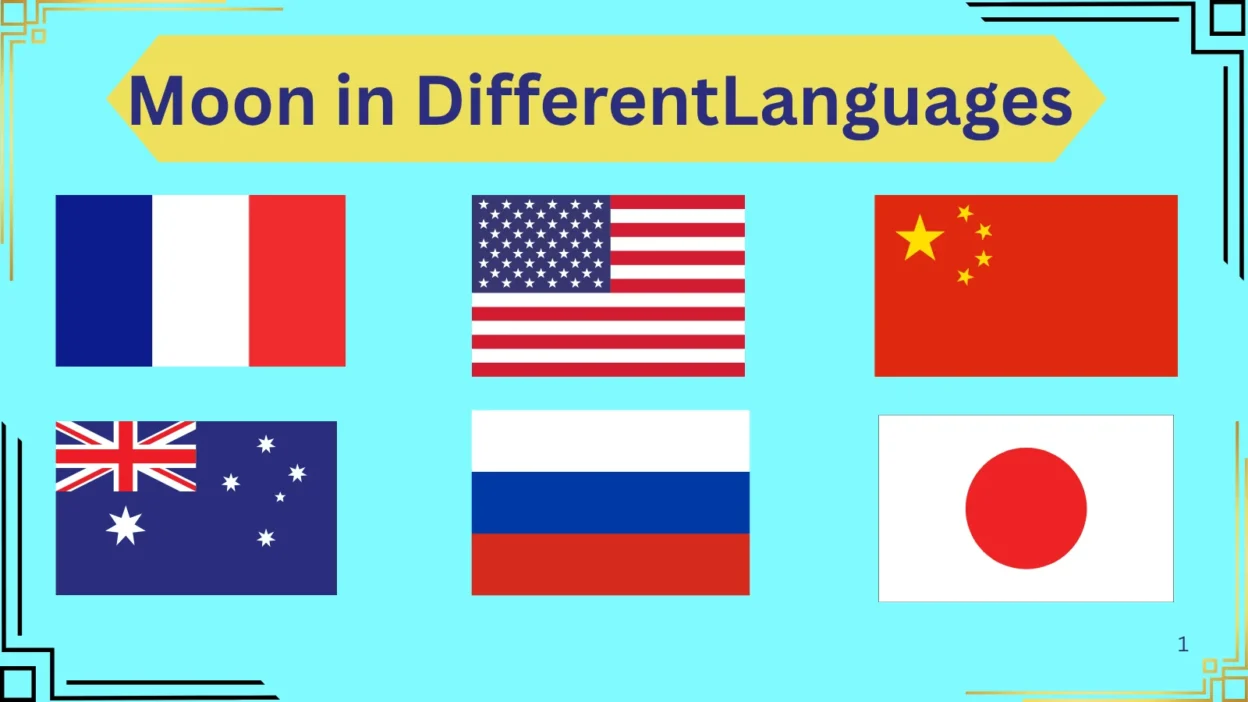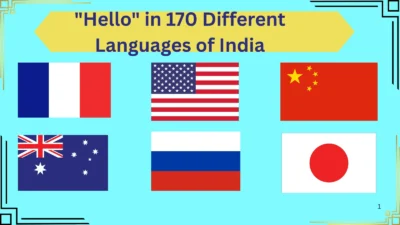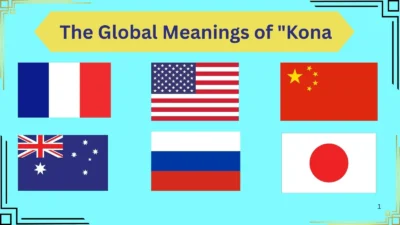If you’re learning English and encounter the word “moon,” you might wonder about its meaning and different uses.
The moon is the natural satellite that orbits Earth and can be seen shining in the night sky. Besides its literal meaning, “moon” is also used in phrases like “once in a blue moon,” which means something rare.
Sometimes learners get confused between “moon” and “sun,” or don’t know how to use it in idioms.
Understanding the basic meaning and common expressions involving “moon” will help you recognize it in conversations and texts with more confidence.
1. Romantic (Poetry)
“Your love lights up my nights like the Japanese tsuki (月)—soft, eternal, and full of mystery.”
2. Scientific (Documentary Narration)
“The ay (Turkish) has guided human navigation for millennia, its craters mapping cosmic history.”
3. Travel Blog (Adventure)
“Hiking under the Icelandic tungl felt like walking on a silver-dusted dream.”
4. Folklore (Storytelling)
“In Hindi tales, the chaand (चाँद) is a lonely prince cursed to wander the sky forever.”
5. Lullaby (Parenting)
“Sleep, my child, as the Welsh lleuad sings lullabies through your window.”
6. Festival Greeting (Mid-Autumn)
“May the Chinese yuèliang (月亮) bless your family with unity and sweet mooncakes!”
7. Motivational Speech
“Like the Arabic qamar (قمر), you wax and wane—but never vanish. Keep shining!”
8. Astronomy Lecture
“The Latin luna influences Earth’s tides, a celestial dance of gravity.”
9. Social Media (Caption)
“Dancing under the Italian luna with wine-stained lips—la dolce vita. 🌕”
10. Environmental Advocacy
“Light pollution steals the Korean dal (달) from our children’s eyes. Fight for the night sky!”
11. Mythological Reference
“The Greek selene (Σελήνη) rode her chariot across the stars, painting the night with milk.”
12. Breakup (Melancholic)
“We swore on the Portuguese lua, but even moons fade before dawn.”
13. Art Exhibition Description
“This painting captures the Finnish kuu—a frost-kissed disc over frozen lakes.”
14. Wedding Vows
“I’ll love you longer than the Russian luna (луна) has circled this earth.”
15. Protest Slogan (Climate Change)
“No more coal—let the Navajo ooljéé’ shine clean on our deserts again!”
Why These Work?
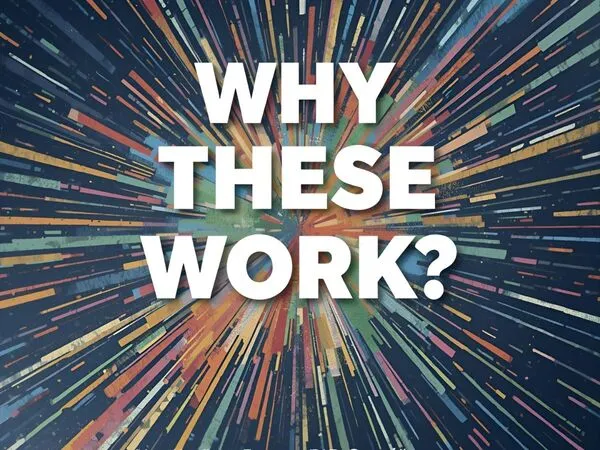
- Cultural Depth: Uses myths (Greek selene), science (Latin luna), and traditions (Mid-Autumn yuèliang).
- Emotional Range: From love (Japanese tsuki) to loss (Portuguese lua).
- Linguistic Gems: Highlights unique terms like Navajo ooljéé’ or Welsh lleuad.
🌍 Moon in 70 Languages
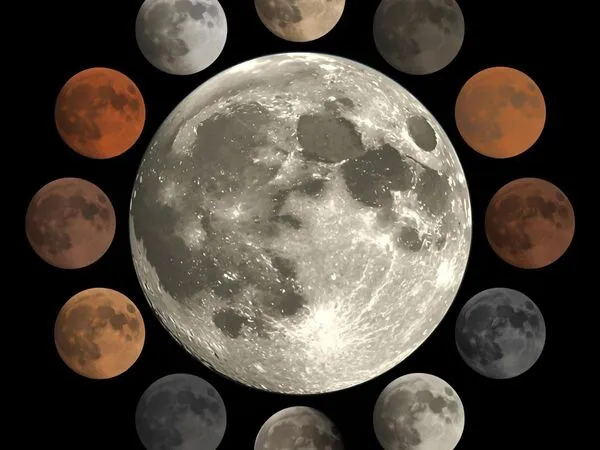
🌸 Romance Languages
- Spanish – Luna
- French – Lune
- Italian – Luna
- Portuguese – Lua
- Romanian – Lună
- Catalan – Lluna
- Galician – Lúa
🌿 Germanic Languages
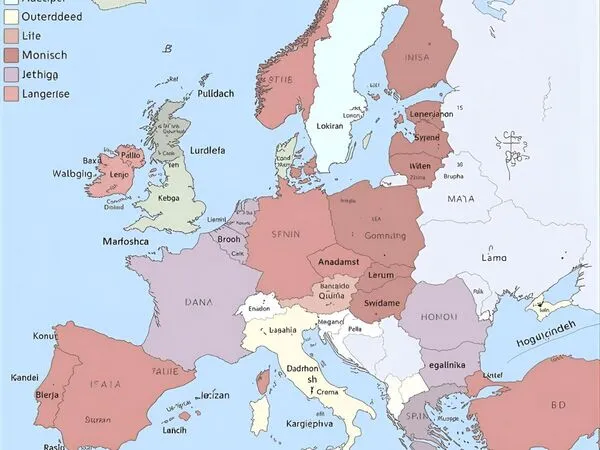
- English – Moon
- German – Mond
- Dutch – Maan
- Swedish – Måne
- Danish – Måne
- Norwegian – Måne
- Icelandic – Tungl
🌾 Slavic Languages
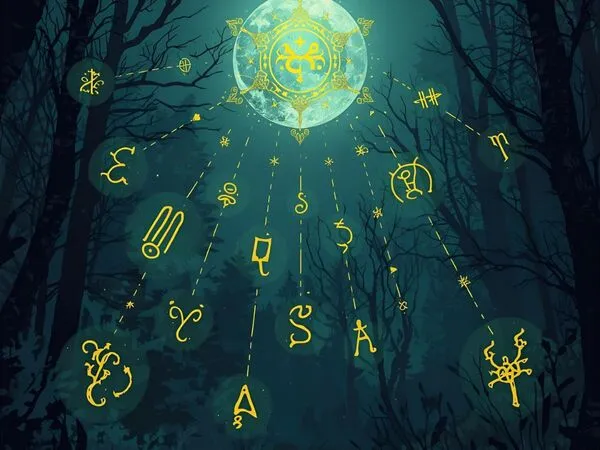
- Russian – Луна (Luna)
- Polish – Księżyc
- Czech – Měsíc
- Slovak – Mesiac
- Ukrainian – Місяць (Misyats’)
- Bulgarian – Луна (Luna)
- Serbian – Месец (Mesec)
- Croatian – Mjesec
- Slovenian – Mesec
- Macedonian – Месечина (Mesečina)
🔆 Turkic Languages
- Turkish – Ay
- Azerbaijani – Ay
- Kazakh – Ай (Ay)
- Uzbek – Oy
- Kyrgyz – Ай (Ay)
- Turkmen – Aý
✨ Semitic Languages

- Arabic – قمر (Qamar)
- Hebrew – ירח (Yareach)
- Amharic – ጨረቃ (Ch’ereqa)
- Maltese – Qamar
🌼 Indo-Aryan Languages
- Hindi – चाँद (Chaand)
- Urdu – چاند (Chaand)
- Bengali – চাঁদ (Chãd)
- Punjabi – ਚੰਦ (Chand)
- Gujarati – ચંદ્ર (Chandra)
- Marathi – चंद्र (Chandra)
- Sinhala – සඳ (Sanda)
- Nepali – चन्द्रमा (Chandramā)
🌺 Dravidian Languages

- Tamil – சந்திரன் (Chandiran)
- Telugu – చంద్రుడు (Chandrudu)
- Kannada – ಚಂದ್ರ (Chandra)
- Malayalam – ചന്ദ്രൻ (Chandran)
🌙 East Asian Languages
- Chinese (Mandarin) – 月亮 (Yuèliàng)
- Japanese – 月 (Tsuki)
- Korean – 달 (Dal)
- Cantonese – 月亮 (Jyut6 Loeng6)
🌏 Southeast Asian Languages
- Tagalog – Buwan
- Indonesian – Bulan
- Malay – Bulan
- Thai – พระจันทร์ (Phračan)
- Lao – ເດືອນ (Duean)
- Khmer – ព្រះច័ន្ទ (Preah Chan)
- Burmese – လ (La)
- Vietnamese – Mặt trăng
🌍 African Languages
- Swahili – Mwezi
- Yoruba – Osupa
- Zulu – Inyanga
- Hausa – Wata
- Somali – Dayax
- Shona – Mwedzi
🌺 Indigenous, Oceanic & Other Languages
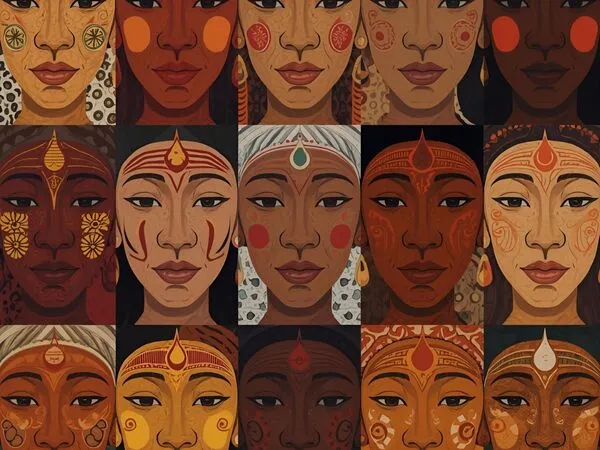
- Quechua (Andes) – Killa
- Nahuatl (Aztec) – Metztli
- Hawaiian – Mahina
- Māori (New Zealand) – Marama
- Samoan – Masina
- Inuktitut (Inuit) – ᓯᑯᓯ (Sikuqsi)
🌕 Conclusion
From Luna to Mahina, the moon’s many names reflect the beauty and diversity of global languages.
Whether you’re a teacher, student, or just love the night sky, learning how people around the world talk about the moon can spark connection, curiosity, and cross-cultural appreciation.
